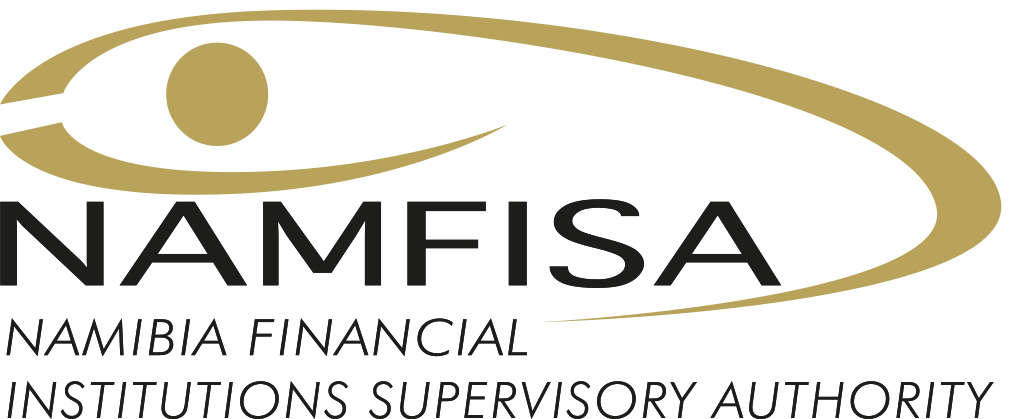Financial Stress: A Common but Silent Burden
Financial stress is one of the most common
challenges many of us face at times
without even realising it. The continuous
worry about your finances, the inability to
pay your bills, living from pay check to pay check and
incurring a lot of debt in the process are some of the
hardships many go through.
What is Financial Strees
Financial stress can be defined as the negative
consequences derived from the inability to meet
financial demands, afford the necessities of life, and
have sufficient funds to make ends meet. This kind
of stress can be caused by a lack of financial planning,
large amount of debt you cannot pay off, living pay
check to pay check, irresponsible spending or not
prioritising your spending and inadequate savings. It
can also be caused by your expense being greater than
your income, unexpected expense that you could not
foresee or loss of employment or income.
Negative Impacts
Financial stress has so many negative impacts on
almost all areas of your life. On an individual level it
can cause emotional stress, namely fear, panic, anger,
anxiety and in most cases depression, which at times
leads to alcohol and drug abuse. Financial stress affects
your productivity at work as your main focus is on
where you will get money to survive and not on your
responsibilities at work. It affects your relationships
with your partner or spouse causing more arguments
and in some cases it also increases the risk of divorce
and separation.
The financial stress experienced by parents has a
direct negative effect on their children. Children
whose parents are stressed tend to develop behavioural
problems, they have poor academic performance, their
aspirations and expectations of their life’s is reduced,
they withdraw from social relationships they may also
turn to drug and alcohol abuse. They may become
depressed and adopt the pessimistic outlook of their
parents.
Measures to Mitigate Financial Stress
Do not cripple yourself financially knowing you will
have to suffer the consequences in the end
- plan your finances
- start with a budget and stick to it
- start saving and make it a habit;
- set up an emergency fund which you can use when unexpected expenses occur
- start investing your money
- find means of earning extra income
- avoid borrowing by all means. It will only lead to more debt which you cannot pay off
- pay your debit orders on time to avoid extra charges and fees.
Whether the stress is caused by something you’re not prepared for, or because you’ve made poor spending choices over the past few years, it is never too late to do something about it now.
Financial Literacy Initiative (FLI) Public TalksThe Financial Literacy Initiative (FLI) is a national
platform mandated to educate the public on financial
literacy topics and financial wellness.
On a monthly basis, the FLI hosts public talks on various
financial topics. The aim of the public talks is to
educate the public on financial matters that affect their
daily lives, to engage them and to find possible solutions
to the financial challenges individuals face.
Every month the FLI selects a financial topic for public
discussion. This platform aims to create awareness on
the selected topic, to educate and to share experiences
and best practices in the area of financial wellness. The
public talks are open to the general public and are always
attended by a diverse group of participants.
The FLI has had two successful public talks thus far
and plans to have many more. The first public talk took
place on 17 November 2015 under the topic: Budgeting
and Savings 101, while the second public talk took
place on 21 January 2016 under the topic: Financial
Stress Management.
The public talks are an open platform where members
of the public can come together, share and discuss their
different views, experiences and at the same time find
solutions to common financial challenges.
Book your seat now for this month’s public talk and
enhance your financial literacy!
Contact us on: 061-2092297/061-20 Info@fli-namibia.org
Contact us on: 061-2092297/061-20 Info@fli-namibia.org
